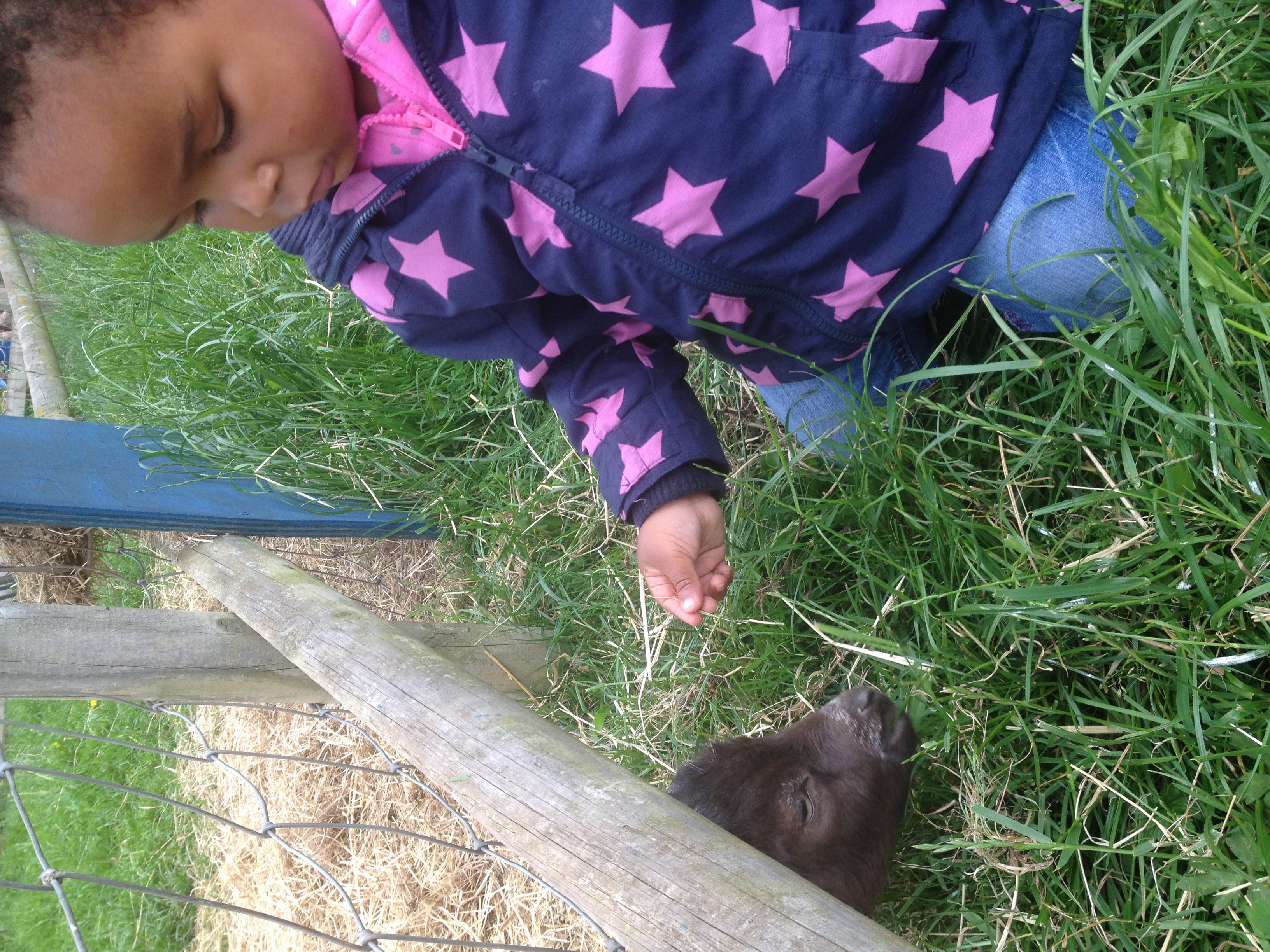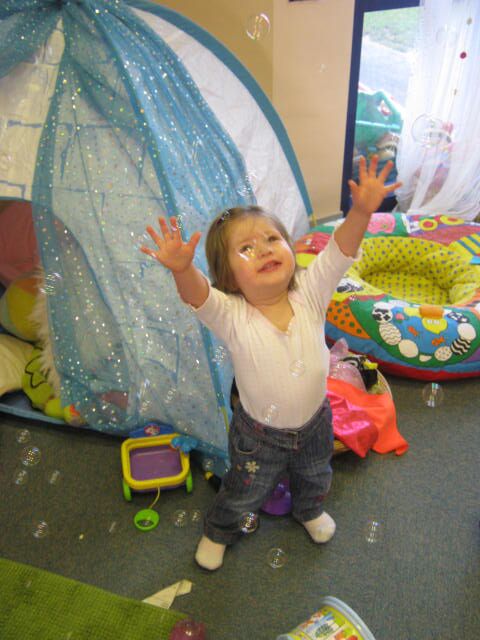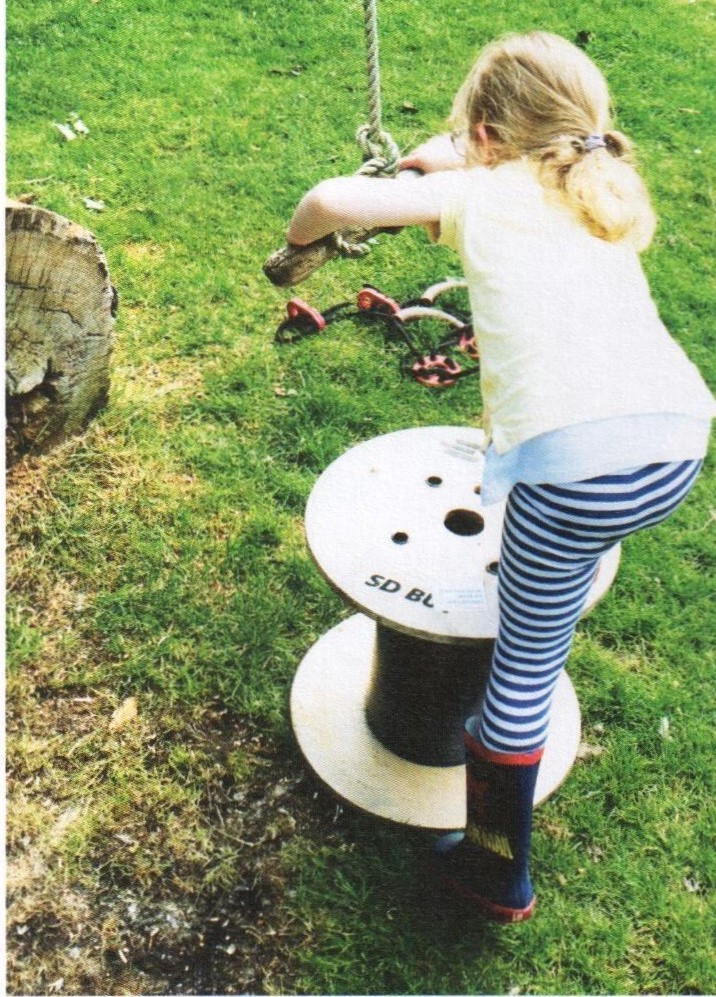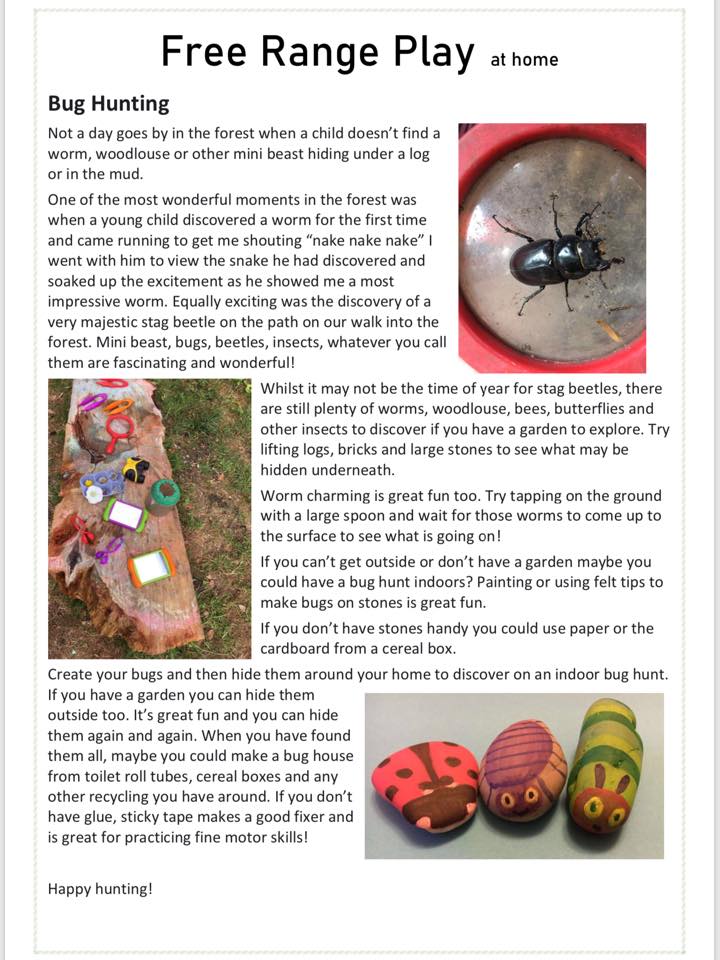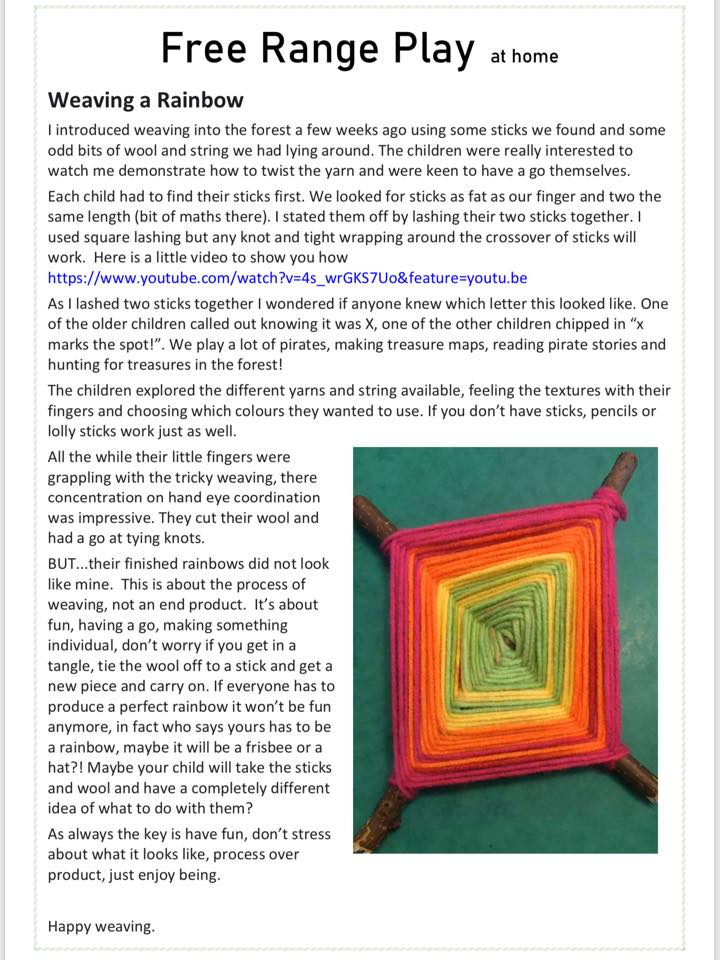
Observing Young Children The role of observation and assessment in early childhood settings S Smidt, (2015). Abingdon: Routledge. Smidt offers us in the short compass of 90 small pages an introduction to the subject which makes reference to almost everything. The important names are all there: Piaget, Vygotsky, Bruner and so on. There is reference to sustained shared thinking, scaffolding…

